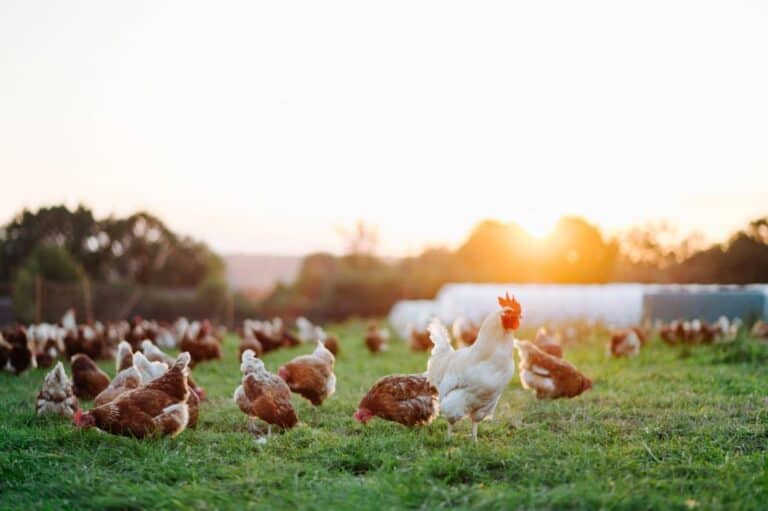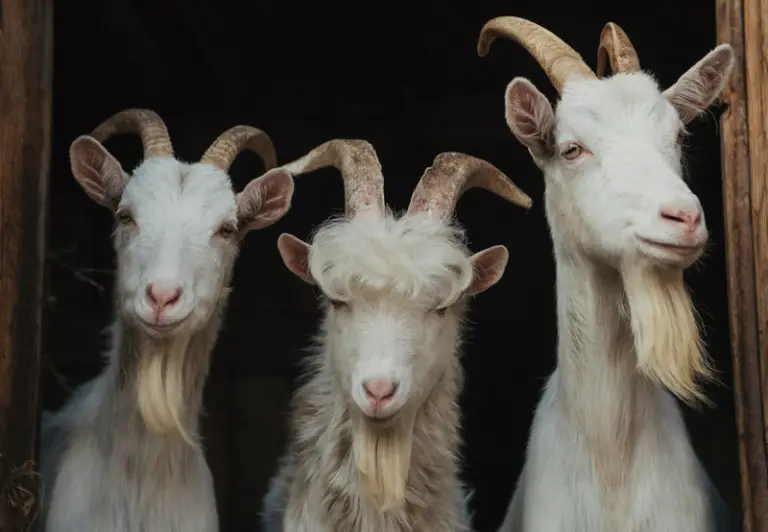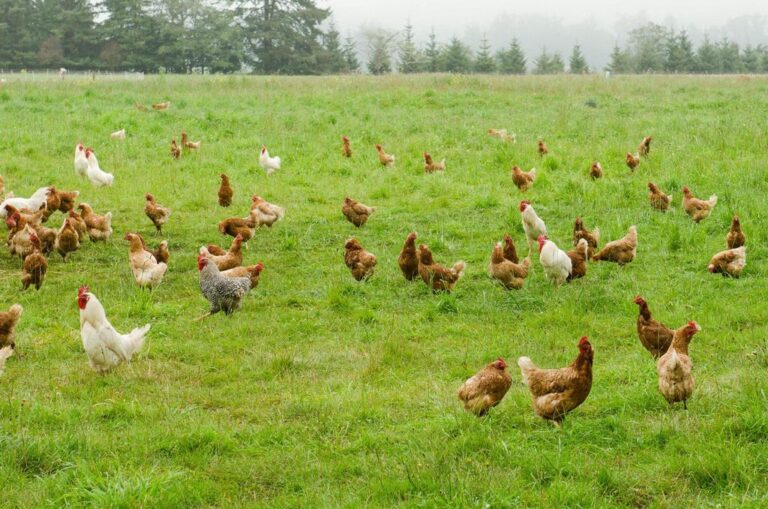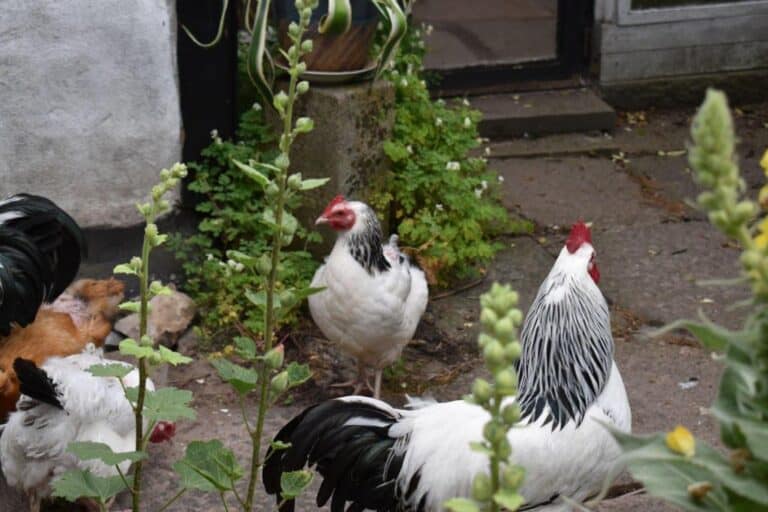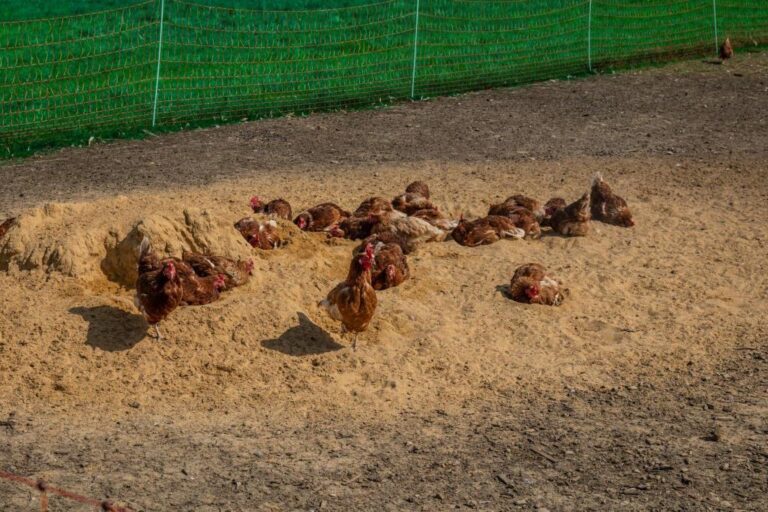My Goat Can’t Stand but Eats and Drinks Normally: What to Do?
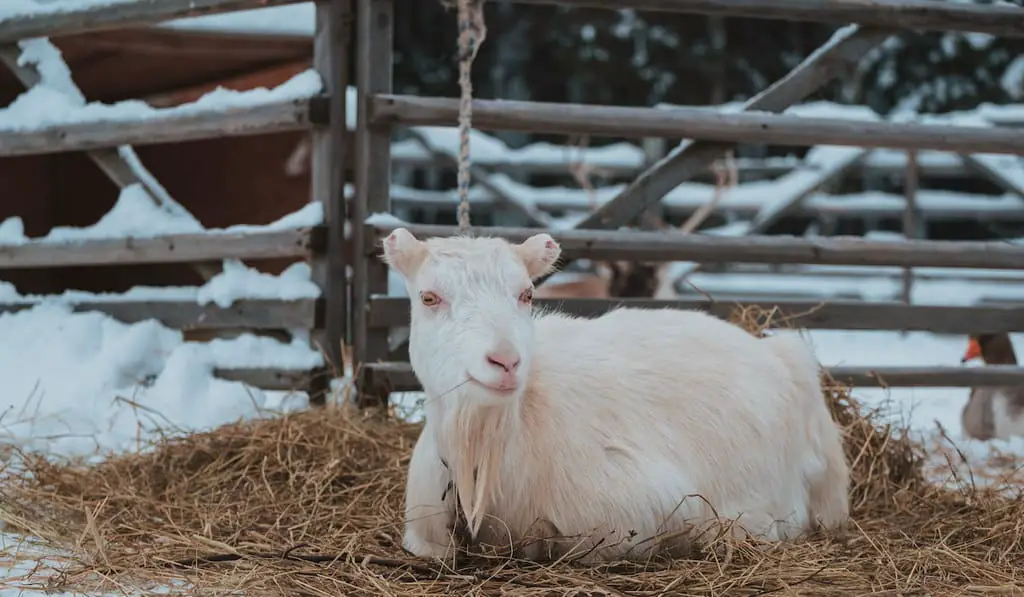
Have you ever had a pet that just didn’t seem right? Maybe they were acting differently, not moving around as much, or even refusing to stand up? It’s a scary feeling, not knowing what’s wrong or how to help them.
If you’re a goat owner, you may have experienced this with your beloved animals. Goats often have trouble standing, even though they can still eat and drink normally. So, what should you do if you find yourself in this situation?
In this article, we’ll explore the possible causes of a goat’s inability to stand, as well as the signs that may indicate the need for veterinary care. We’ll also discuss what steps you can take to help your goat and ensure they receive the necessary treatment to recover.
So, whether you’re a seasoned goat owner or new to the world of goats, read on to learn more about what to do if your goat can’t stand but eats and drinks normally.
Understanding Goats’ Ability to Stand
Goats are highly adaptable animals that are known for their agility and mobility. However, there are times when goats may struggle to stand, which can be attributed to various factors.
1. Age
One of the key factors that can affect goats’ ability to stand is age. Like many other animals, as goats get older, their muscles and bones weaken, which can make it more difficult for them to stand. This is particularly true for goats that have lived a long life and have experienced years of wear and tear on their bodies.
2. Health Condition
In addition to age, certain health conditions can also impact goats’ ability to stand. One such condition is arthritis, which can cause inflammation in the joints and make it painful for goats to stand.
Similarly, neurological conditions such as spinal cord injuries or infections can affect goats’ motor function, making it difficult for them to stand and move around. Other factors that can impact goats’ ability to stand include
3. Malnutrition
Malnutrition is one of the key factors that can impact goats’ ability to stand. When goats are not provided with sufficient food and nutrients, their muscles and bones can weaken, making it more difficult for them to stand and move around.
Malnutrition can also lead to other health issues, such as poor immune function, stunted growth, and reproductive problems. Goat owners should give their animals a balanced diet that meets all of their nutritional needs to keep their animals from becoming malnourished.
4. Dehydration
Dehydration is another factor that can impact goats’ ability to stand. When goats do not have access to clean water, they can become dehydrated, which can cause weakness and fatigue.
WARNING![]()
In severe cases, dehydration can even lead to organ failure and death. Goat owners should make sure that their animals always have clean water available, especially when it is hot or when they are doing more.
5. Injury
Injury is another factor that can impact goats’ ability to stand. Goats can be injured in various ways, such as from falls, fights with other animals, or accidents involving farm equipment. Injuries can cause pain, inflammation, and swelling, making it difficult for goats to stand and move around.
To keep their goats from getting hurt, owners should make sure they live in a safe, secure place that is free of dangers and other things that could hurt them.
Why My Goat Can’t Stand but Eats and Drinks Normally
It can be a disconcerting sight to see a beloved goat struggling to stand, even if it is still able to eat and drink. There are a number of reasons why this may be happening, some of which are minor and can be easily resolved, while others may require more in-depth care.
A mineral deficiency is a common cause of a goat’s inability to stand. To stay healthy, goats need to eat a certain amount of copper, selenium, and other important minerals. A lack of these minerals can lead to a range of issues, including decreased mobility. This can be fixed by making changes to the goat’s diet or giving it extra minerals.
Another possible reason for a goat’s immobility is a spinal injury or disease. There are numerous factors, including an accident, a disease, or a genetic condition, that can result in either partial or complete paralysis. A vet will be able to figure out what’s wrong and give the right treatment, which could be medicine or physical therapy.
Other things that could make a goat unable to stand are infections, neurological problems, or problems with the joints. In some situations, the goat may just be old and need more specialized care to maintain its quality of life.
Regardless of the cause, it is important to provide appropriate care for a goat that is struggling to stand. This could mean changing its diet, giving it physical support, or making it a comfortable place to live that works with its limited mobility.
One important aspect of caring for an immobile goat is ensuring that it is able to eat and drink comfortably. Goats that are unable to stand may need to be hand-fed or have food and water brought to them in a way that allows them to reach it easily. Additionally, care must be taken to ensure that the goat is able to eliminate waste regularly and comfortably.
It is also important to monitor the goat’s overall health and wellbeing, as immobility can put them at risk for a range of health issues, including infections, pressure sores, and digestive problems. Taking your pet to the vet for regular checkups can help make sure that any problems are taken care of quickly.
Care for Goats That Can’t Stand
When it comes to caring for goats that can’t stand, there are a number of special considerations that need to be taken into account. Whether the goat’s immobility is due to a health condition, old age, or injury, it is important to provide them with the necessary care and support to ensure their continued well-being.
One of the most important strategies for managing goats that can’t stand is to create a comfortable living environment that accommodates their mobility limitations. This may include providing soft bedding to help prevent pressure sores, as well as ensuring that their living area is clean, dry, and free from hazards that could cause injury.
In addition to giving the goat a comfortable place to live, it is important to give it the right food and water for its overall health. Depending on their needs, this could mean feeding them by hand, putting food and water at an easy-to-reach level, or using special feeding equipment.
For goats that are unable to stand due to an injury or illness, it may be necessary to provide physical support in the form of slings or harnesses. These supportive devices can help take the weight off the goat’s legs, allowing them to rest and recover while still being able to move around and engage in activities.
In some cases, physical therapy or other forms of rehabilitation may also be needed to help the goat get back on its feet. This could mean doing leg-strengthening exercises or working with a vet or physical therapist to make a personalized plan for recovery.
Regardless of the specific strategy used, it is important to monitor the goat’s overall health and well-being closely and to make adjustments to their care plan as needed. Regular visits to the vet can help make sure that any problems are taken care of quickly and that the goat is getting the right level of care.
When to Call a Veterinarian for a Goat That Can’t Stand
As a goat owner, it is important to be aware of the signs that indicate when a goat is in distress and needs immediate veterinary attention. One such sign is when a goat is unable to stand. In such cases, it is important to act quickly and call a veterinarian for help.
As mentioned previously, there are several reasons why a goat may be unable to stand, including injury, illness, and nerve damage. In some cases, the goat may have a serious health problem, like being poisoned or getting an infection, that needs to be treated right away. Delaying veterinary care in such cases can lead to further complications and even death.
In addition to being unable to stand, other signs that may indicate the need for veterinary care include lethargy, loss of appetite, rapid breathing or heart rate, and fever. These signs may indicate that the goat is in pain, stressed, or experiencing other health issues that require immediate attention.
When calling a veterinarian for a goat that cannot stand, it is important to provide as much information as possible about the goat’s symptoms, medical history, and current condition. This can help the vet figure out what the problem is really about and come up with a good way to treat it.
In some cases, the veterinarian may need to perform diagnostic tests such as blood work, x-rays, or ultrasounds to determine the cause of the goat’s inability to stand. Based on what he or she finds, the vet may suggest treatment options like medicine, surgery, or supportive care like giving IV fluids or treating pain.

